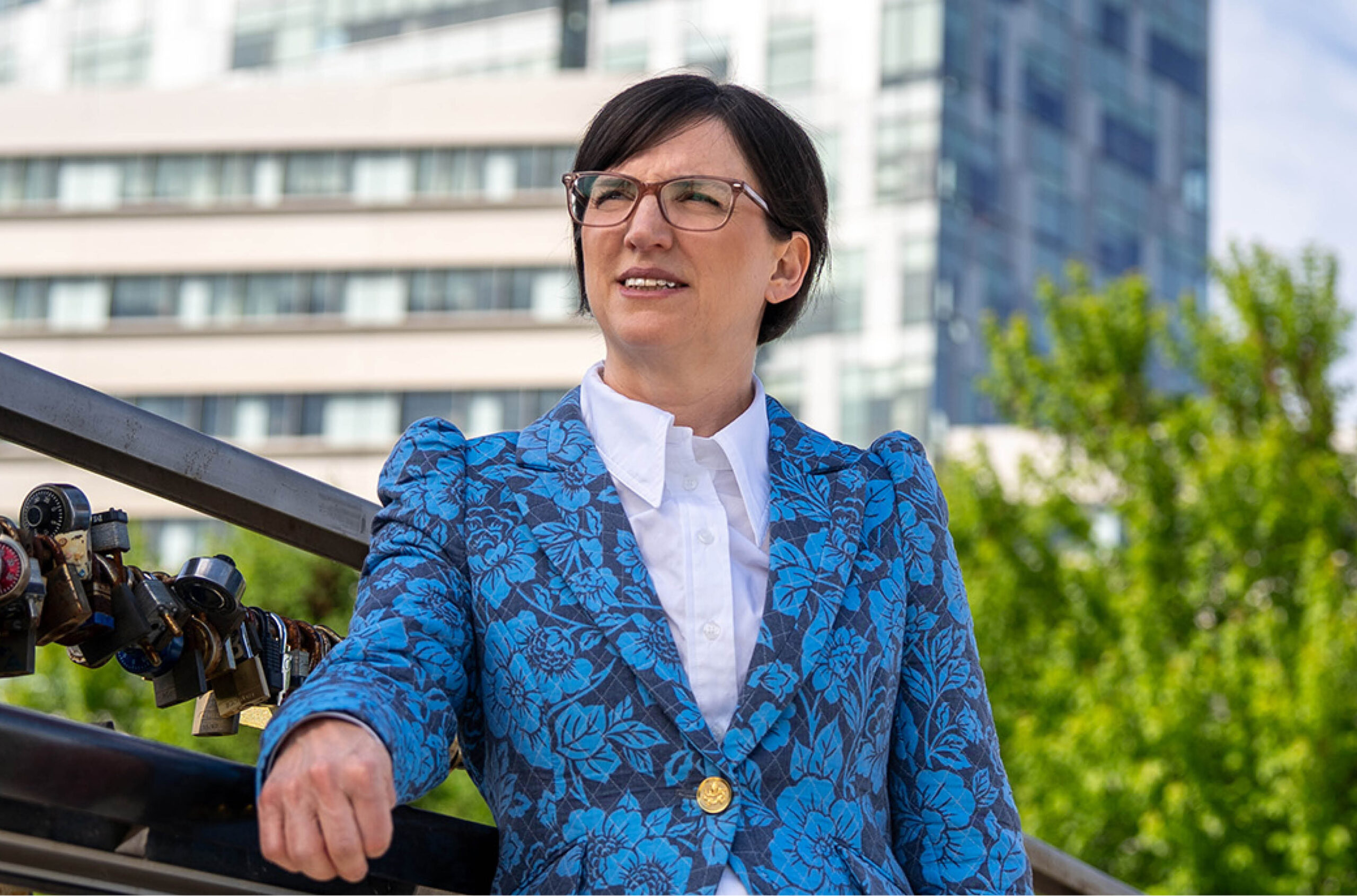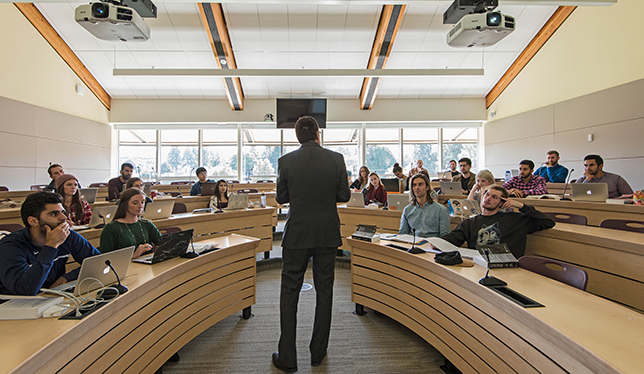Higher education institutions must embrace technology at all levels to survive the COVID-19 crisis
A flexible approach to teaching and learning – whether that’s onsite or remote – is now integral to delivering uninterrupted learning.

Over the last decade, higher education institutions in Canada have been navigating a progressively challenging landscape: increasing competition for talent at home and abroad, reductions in public funding, as well as aging physical infrastructure on campus. This has been coupled with a continued emphasis on driving student success and creating enhanced student experiences both on and off campus.
In March, as the COVID-19 pandemic shut down businesses, offices and schools, these challenges became even more pronounced. Shuttered campuses, near empty residences and deferred semesters placed additional financial pressure on Canadian universities and colleges. International student enrollment dropped steeply as the risk posed by travelling became too great and borders closed to non-essential travel. During the first four months of 2019, Canada welcomed over 95,000 international students. In 2020, that number declined by nearly 30 percent to 67,000 students.
These challenges, however, have also brought forth new possibilities for what postsecondary education can look like in the future, with technology playing a central role. More specifically, networking, collaboration and security technologies can help universities and colleges to navigate these uncertain times to drive student and educator success, maintain physical and virtual security and streamline operations to help with cost savings.

Creating more resilient learning environments
A flexible approach to teaching and learning – whether that’s onsite or remote – is now integral to delivering uninterrupted learning. But as academic institutions look to provide a completely virtual experience, or one that blends on-campus and online learning, maintaining student success must remain a top priority.
So how can educators keep student engagement up and maintain opportunities for collaboration through class discussions or office hours? Using a platform like Cisco Webex allows you to create innovative physical and virtual environments going beyond lectures and projects to better engage students with breakout rooms, synchronous and asynchronous learning and interactive activities.
As institutions consider long-term solutions, virtual collaboration tools like Webex are only one piece of this technology puzzle. Having a robust network infrastructure can be an innovative tool in its own right, connecting distant campuses, students learning remotely or researchers from other institutions. Faculty and students no longer need to risk driving to a far-off research lab or library to securely access files or applications.
Prioritizing a safe and secure campus
Hybrid learning has many advantages, like letting students learn at their own pace and instilling a greater sense of personal ownership. However, there are also downsides to this new virtual environment, including heightened security risks.
The immense increase in the number of students, faculty and staff that are shifting to online learning, has been met with a rise in cybercrime. Bad actors are looking to exploit weak spots, like outdated devices connected to the network, to get a hold of university research and personal data.
Having the right security infrastructure in place is crucial in creating a safe and secure learning environment. This includes both network and endpoint security infrastructure. Solutions like Cisco Meraki can remotely detect network traffic anomalies, defend sensitive administrative or research devices and enable new threat detection quickly, while also reducing strain on IT departments through automation.
Supporting operational efficiency
The current crisis has led us to rethink the possibilities around remote learning for students and consider additional flexibility around remote work for administrators and faculty. But how will this shift impact the demand for buildings on campus – from offices, dining halls and libraries? Will they still be used at the in-person levels of the past, or can these spaces be reconfigured? Having a smart network in place can help identify opportunities to adapt operations to improve efficiency.
Making these changes is particularly important for institutions trying to save money. A smart network can ensure simple tasks are completed, like turning off lights in unused buildings. It can also be leveraged for more complex work, like understanding how students and staff move through the campus to create relevant experiences and optimize services, safety and space management.
Technology has and will continue to play an important role in helping higher education institutions navigate these challenging times, providing the foundation for flexible at-home and on-campus learning environments, keeping administrators, faculty and students secure, and providing the way forward to streamlining operations. Institutions must look to technology to help them adapt and ultimately drive success for students and educators.
Brad Saffer is the Cisco Global Education Strategy Lead.




Post a comment
University Affairs moderates all comments according to the following guidelines. If approved, comments generally appear within one business day. We may republish particularly insightful remarks in our print edition or elsewhere.